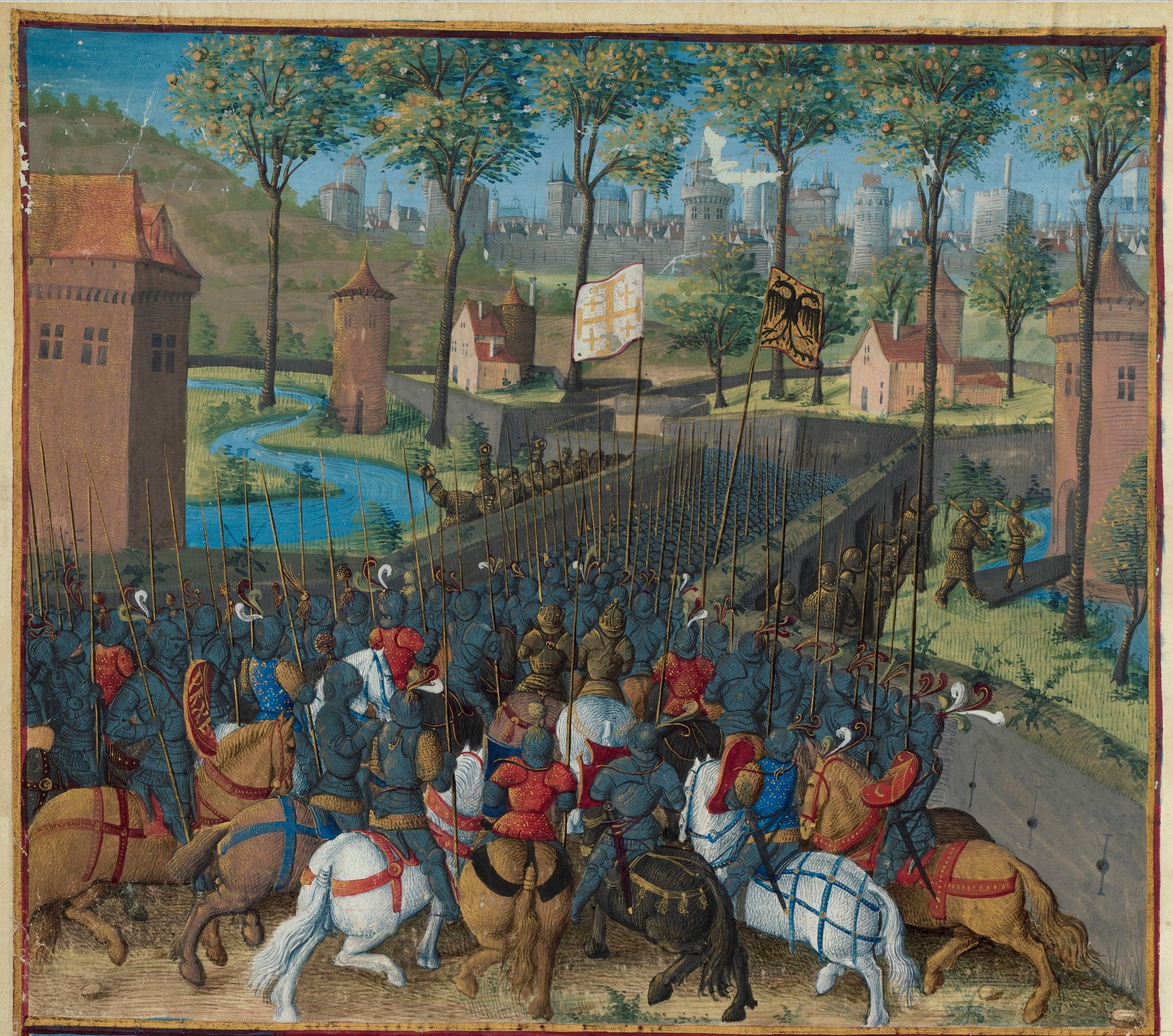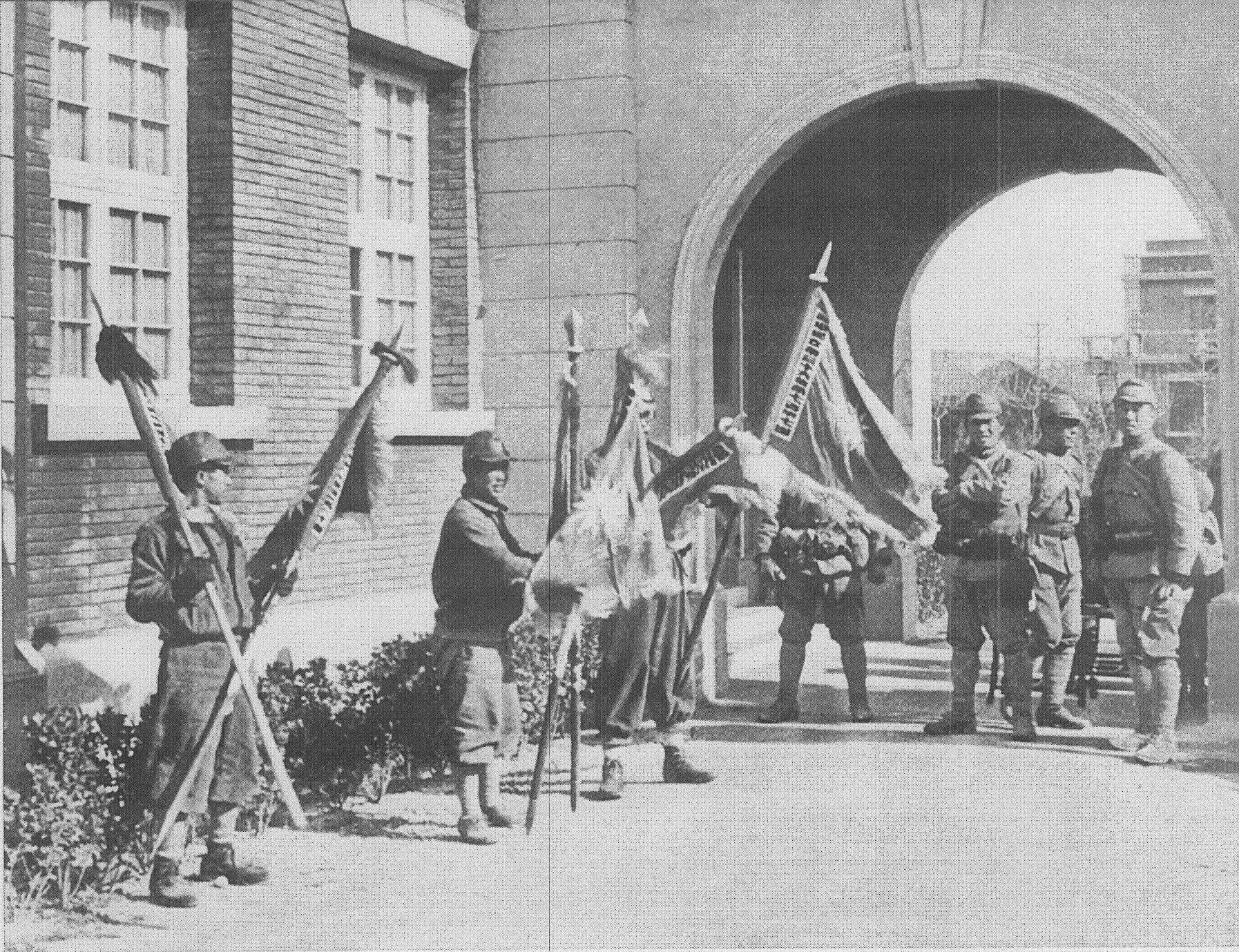
Baltic Frontiers
Although historiography tends to focus on the Teutonic Order’s continental politics, the Teutonic Knights were deeply involved with German commercial and military expansion in the Baltic Sea. For these reasons, exploring the overlapping spatial histories of the Hanse and the Teutonic Order can shed new light on the political and economic development of both organizations, and of their Northern European mare nostrum.

The Narrative of the Second Crusade: An Alteration of the Traditional Life Cycle
The new life cycle narrative created for the recruitment of second crusaders altered the typical medieval life cycle that existed outside of the crusading enterprise. This new life cycle included a biological-theological division of the different life stages such as conception, birth, infancy, childhood, adolescence, adulthood, middle age, old age, death, and afterlife.

Slavery, the Thief of Virtue: the Social Visibility and Alienation of Enslaved Black Women in Abolitionist Discourse
But before virtuous womanhood was significantly challenged as anachronistic, it played a critical role in abolitionist rhetoric. In the mid-nineteenth century, white Christian abolitionists would argue that to sanction slavery was to sanction rampant adultery by white male enslavers who were systematically engaging in extramarital sex with their enslaved Black women and thereby depriving them of their virtue.

Contesting the ‘New Japan’: Rethinking Japanese Interwar Politics (1919-1941)
The histories of Japan in the interwar period must be framed not by the tragedy and destruction of the World War, which ended it but by the contemporary attitudes and larger picture which emerged from the Great War that began it. Let us continue to write about the voices of dissent and opposition to the changes of the Taishō era without assuming their inevitable and effortless triumph in the Shōwa. In lieu of privileging the narratives of people and policies that would lead Imperial Japan to war in the 1930s, let us shed light on the stories of those who constructed a “New Japan” in the peace of the 1920s.
